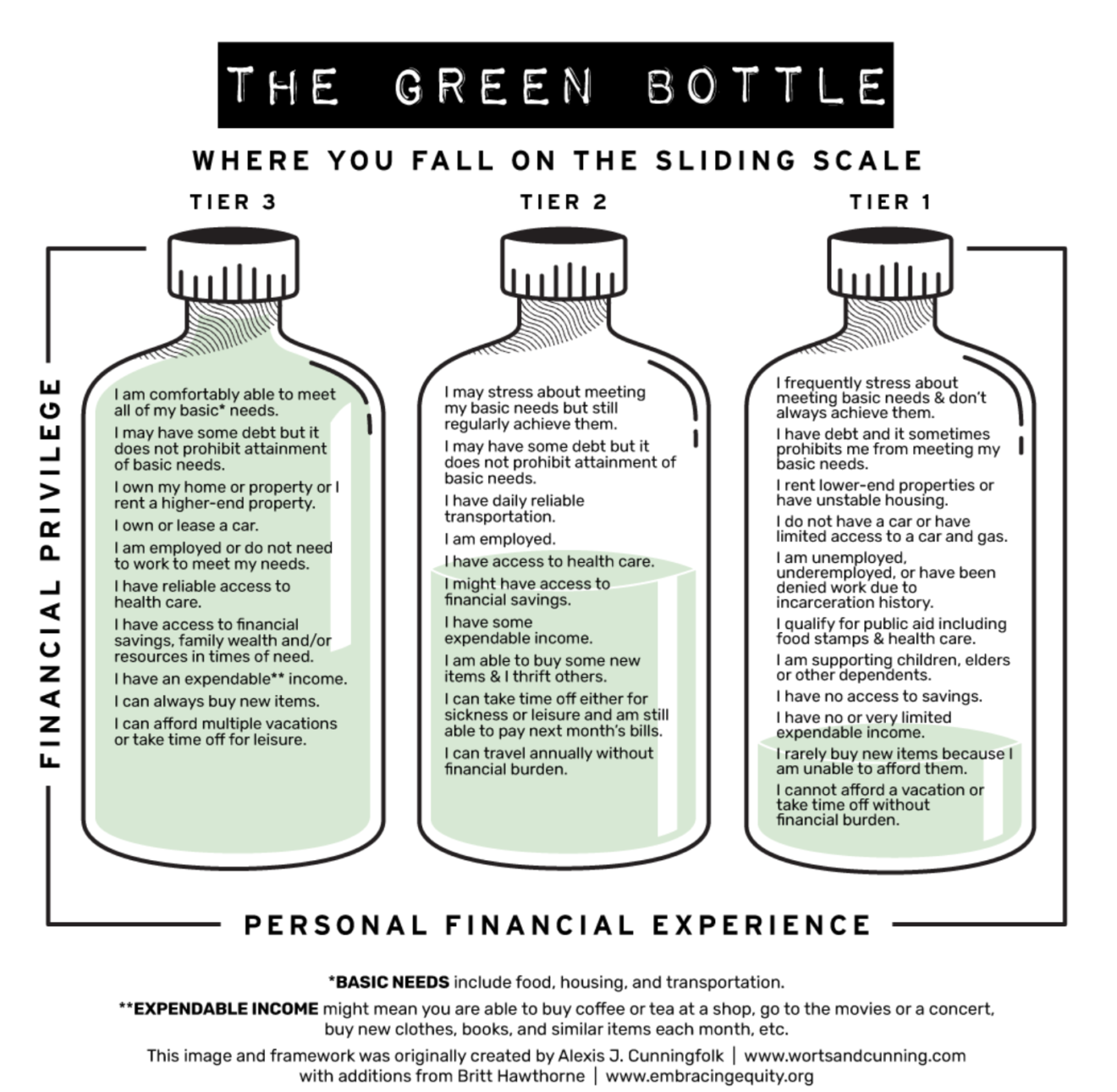 Crony capitalism, characterized by the collusion between private businesses and government officials, has far-reaching consequences on various sectors of the economy. The field of holistic health and wellness, which emphasizes a comprehensive approach to healthcare encompassing mind, body, and spirit, is no exception to this detrimental influence. In this essay, we will explore how crony capitalism negatively impacts the holistic health and wellness industry, leading to restricted access to alternative treatments, monopolization of the market, and compromised patient-centered care.
Crony capitalism, characterized by the collusion between private businesses and government officials, has far-reaching consequences on various sectors of the economy. The field of holistic health and wellness, which emphasizes a comprehensive approach to healthcare encompassing mind, body, and spirit, is no exception to this detrimental influence. In this essay, we will explore how crony capitalism negatively impacts the holistic health and wellness industry, leading to restricted access to alternative treatments, monopolization of the market, and compromised patient-centered care.
1. Suppression of Alternative Treatments
Holistic health and wellness emphasize alternative treatments, complementary therapies, and practices that focus on the overall well-being of individuals. These approaches often include mindfulness, herbal medicine, acupuncture, chiropractic care, and more. However, crony capitalism can suppress the growth and acceptance of such practices in favor of traditional pharmaceutical and medical interventions.
Large pharmaceutical corporations and medical establishments, with their significant financial influence over policymakers, tend to lobby for regulations and policies that favor their products while hindering the integration of alternative therapies. This results in reduced funding for research into the efficacy of holistic practices and limited insurance coverage for these treatments, leaving patients with limited choices for their healthcare needs.
2. Monopolization and Commercialization
In a crony capitalist system, powerful corporations may collaborate with governments to monopolize the holistic health and wellness market. This monopolization can stifle innovation, limit competition, and restrict patient access to diverse treatments. As a result, patients seeking holistic approaches may be left with few options, and the monopolistic companies can raise prices unchecked, making these treatments unaffordable for many individuals.
Furthermore, the commercialization of holistic practices can dilute their original philosophies. When corporations prioritize profits over patient well-being, the authenticity and integrity of holistic health and wellness practices may be compromised. This shift from patient-centered care to profit-driven business models erodes the core values that attracted individuals to holistic treatments in the first place.

3. Limited Insurance Coverage and Accessibility
Crony capitalism’s influence on health policy often results in limited insurance coverage for holistic health and wellness treatments. Insurance companies, influenced by corporate interests, may opt to cover conventional medical interventions extensively while offering minimal coverage for alternative therapies. Consequently, patients are left with financial burdens if they choose holistic treatments, discouraging them from exploring these options altogether.
Moreover, the lack of insurance coverage for holistic treatments disproportionately affects low-income individuals who may not be able to afford out-of-pocket expenses for alternative therapies. As a result, access to holistic health and wellness becomes a privilege reserved for those with greater financial resources, exacerbating health disparities in society.
Crony capitalism has a detrimental impact on the field of holistic health and wellness, hindering the integration of alternative treatments, promoting monopolization, and compromising patient-centered care. The suppression of holistic practices in favor of conventional medical interventions limits patients’ choices and access to well-rounded healthcare options. Additionally, the monopolization of the market by profit-driven corporations dilutes the authenticity of holistic practices, leading to compromised patient outcomes.
Here is how we can fight back against crony capitalism in the holistic health and wellness field
To mitigate the negative effects of crony capitalism on holistic health and wellness, it is essential to promote transparency in policymaking and reduce corporate influence over healthcare decisions. Policymakers should prioritize patient well-being and consider evidence-based research when formulating regulations and insurance coverage policies. By fostering an environment that supports diverse healthcare choices and emphasizes patient-centered care, society can move towards a more equitable and inclusive approach to holistic health and wellness.
To fight back against crony capitalism, support small business holistic health care professionals such as health coaches, herbalists, fitness professionals, and nutritionists. Luckily, I do all those as a holistic wellness practitioner, and I operate on a sliding scale to build equity across communities. Click here or the button below to schedule a consultation with me!
Fighting back against crony capitalism in the holistic health and wellness community requires a collective effort from practitioners, consumers, policymakers, and advocacy groups. Here are some strategies to combat crony capitalism and promote a more inclusive and transparent healthcare system:

1. Raise Awareness and Educate the Public: Increasing awareness about the influence of crony capitalism on the holistic health and wellness industry is crucial. Educate the public about the benefits of alternative therapies and the potential drawbacks of a healthcare system dominated by corporate interests. Encourage individuals to be informed consumers and seek out diverse healthcare options.
2. Support and Promote Research: Funding and supporting scientific research on the efficacy of holistic health practices can strengthen their credibility and create evidence-based arguments. Encourage universities and research institutions to conduct unbiased studies on the effectiveness of various alternative therapies. The accumulation of solid scientific evidence can challenge the notion of alternative therapies as mere “quackery.”
3. Advocate for Policy Reforms: Engage with policymakers and advocate for policy reforms that promote a level playing field for holistic health and wellness practitioners. Push for legislation that reduces regulatory barriers and ensures equal insurance coverage for both conventional and alternative therapies. Fight against regulations that disproportionately favor pharmaceutical companies or restrict access to holistic treatments.
4. Support Local and Independent Practitioners: Encourage the growth of local and independent holistic health practitioners. Support their businesses, attend their workshops and events, and spread the word about their services. This can help counter the influence of large corporations and promote a diverse and vibrant holistic health community.
5. Collaborate and Network: Building alliances with like-minded individuals, organizations, and practitioners can strengthen the collective voice against crony capitalism. Collaborate with other advocates, practitioners, and consumers to share knowledge, resources, and best practices. Networking can amplify efforts to promote holistic health and wellness and create a stronger, united front.
6. Prioritize Transparency and Ethics: Emphasize transparency and ethical practices within the holistic health community. Ensure that practitioners adhere to high standards of professionalism, and be open about the benefits and limitations of various treatments. Upholding ethical conduct enhances the credibility and reputation of holistic health practices.
7. Engage in Grassroots Activism: Organize grassroots movements and campaigns to raise awareness about the influence of crony capitalism. Use social media, community events, and other platforms to amplify your message and mobilize support for alternative healthcare practices.
8. Consumer Choice and Education: Encourage consumers to exercise their right to choose healthcare options that align with their values and needs. Promote consumer education on various holistic therapies, helping individuals make informed decisions about their health and wellness.
9. Support Legislative Initiatives: Stay informed about legislative initiatives that impact the holistic health community. Support bills and policies that promote fair competition, consumer choice, and access to alternative therapies.
10. Monitor Corporate Influence: Keep a close eye on the interactions between corporations and policymakers. Advocate for transparency in lobbying and campaign financing to curb the influence of crony capitalism in shaping healthcare policies.
By adopting these strategies and working together, we can push back against crony capitalism in the holistic health and wellness community, promote inclusivity, and create a healthcare system that prioritizes individual well-being and choice.


